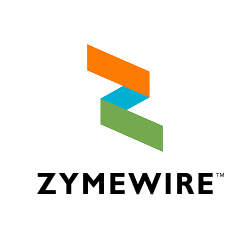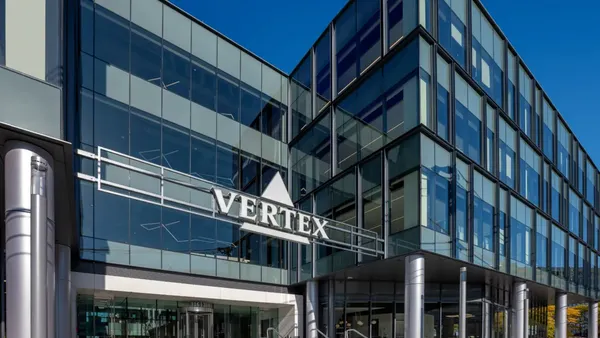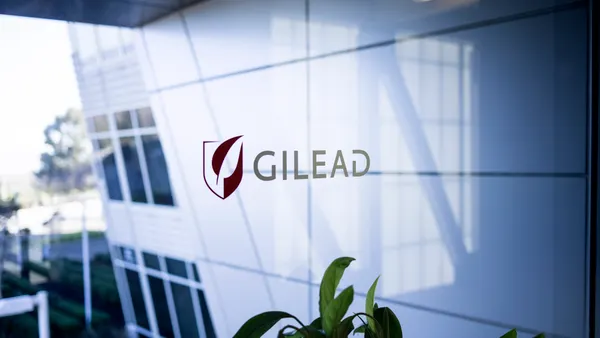Dive Brief:
- Gilead on Wednesday said it signed royalty-free licensing agreements with six generic drugmakers to produce and sell its HIV drug lenacapavir in countries with high incidence of the disease but limited resources.
- Announcement of the licensing deals comes ahead of Gilead’s plans to ask regulators for approval of lenacapavir as a preventive treatment. Since the regulatory process and manufacturing scale-up can still take considerable time, Gilead is prioritizing approval applications in 18 countries in Africa and Southeast Asia that account for much of the HIV disease burden.
- The licenses cover lenacapavir for prevention as well as for treatment of adults with multi-drug resistant HIV, use for which has been approved in the U.S. and Europe.
Dive Insight:
Lower- and even middle-income countries can lack the resources needed to procure needed medicines at the prices for which they’re sold in the U.S. and Europe. Organizations like the World Health Organization and the Medicines Patent Pool have been working to bridge the gap, while pharmaceutical companies have experimented with their own licensing arrangements.
Gilead has done similar deals in the past. In 2017, for example, it agreed to license its older HIV drug, bictegravir, through the Medicines Patent Pool. And early in the pandemic, the drugmaker permitted five generic drugmakers to produce and distribute its treatment remdesivir in 127 lower and lower-middle income countries without paying royalties for a certain period.
Gilead sells a number of widely used HIV medicines and, with lenacapavir, aims to add a new kind of drug to physicians’ arsenal. The company plans to begin global regulatory filings for lenacapavir as pre-exposure prophylaxis, or PrEP, by the end of 2024.
Earlier this year, Gilead shared positive clinical data from two Phase 3 trials testing lenacapavir as a twice-yearly shot in cisgender women and in cisgender men and gender-diverse people. The shot was highly effective at preventing infections in both cohorts.
In a statement, the advocacy group Public Citizen called Gilead’s announcement a “significant, but flawed” step.
“Gilead is licensing relatively early to multiple manufacturers, and plans to offer lower prices until those manufacturers begin production,” Peter Maybarduk, director of Public Citizen’s access to medicines program, said in a statement. “But it is unfortunate and unclear why Gilead did not license through an expert independent licensing body such as the Medicines Patent Pool.”
While drugs for Gilead and other companies are effective at treating and preventing HIV, the virus remains a top public health issue. The burden of disease varies by region; countries in Africa are among those most affected.














